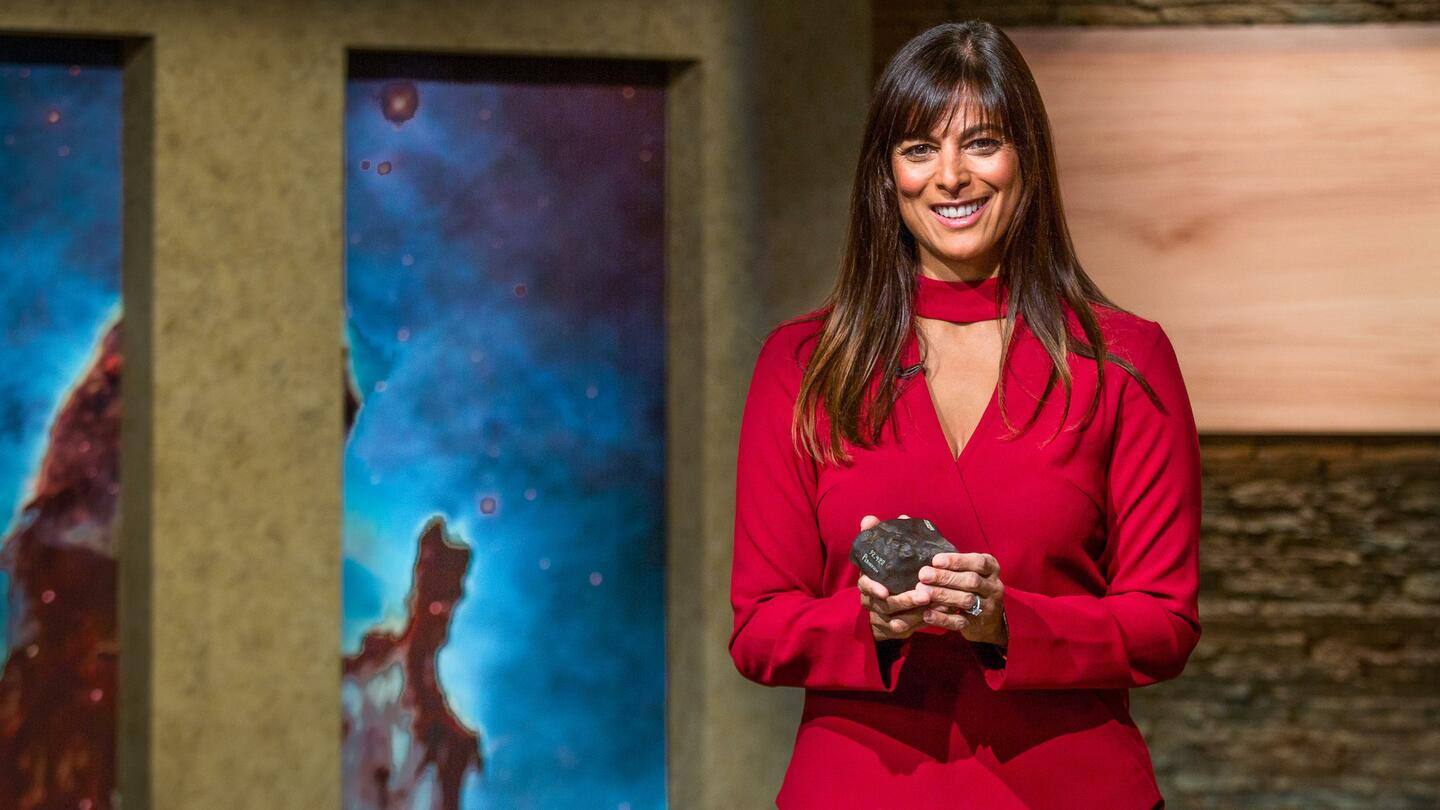
Meet Meenakshi Wadhwa, Indian-origin scientist driving NASA's key Mars mission
What's the story
NASA is planning to bring back samples from Mars by 2030. Indian-origin scientist Meenakshi Wadhwa is leading the crucial Mars Sample Return (MSR).
Wadhwa hails from Chandigarh and currently works as a planetary scientist at the School of Earth and Space Exploration, at Arizona State University. She also has an asteroid named "8356 Wadhwain" in recognition of her contributions.
Here's more about Dr. Wadhwa.
Education
Wadhwa completed her undergrad and post-grad in India
Dr. Wadhwa completed her undergraduate with a major in Geology and minors in Physics and Chemistry from Panjab University in 1988. She went on to pursue her postgraduate degree at the same university in 1989.
She holds a Ph.D. degree in earth and planetary sciences from Washington University (1994) and has served as a postdoctoral researcher at the University of California at San Diego.
Accomplishments
She recently won the acclaimed J. Lawrence Smith Medal
Dr. Wadhwa was recently awarded the J. Lawrence Smith Medal of the National Academy of Sciences in 2021.
Her list of accomplishments also includes the Fulbright-Nehru Academic and Professional Excellence Award (2015) and the Nier Prize of the Meteoritical Society (2000).
She also participated in the Antarctic Search for Meteorites Program, for which she received the Antarctica Service Medal.
Association with NASA
She has been on several advisory committees for NASA
She served as the President of the Meteoritical Society in 2019-2020, and currently heads the Science Committee of the NASA Advisory Council.
She has been on several advisory committees for NASA, including as a co-investigator on the Genesis mission and a collaborator on the Mars Science Laboratory mission.
She also led NASA's Curation and Analysis Planning Team for Extraterrestrial Materials (CAPTEM) analysis group.
Research
Wadhwa's work has revealed significant information about planetary systems
Her research focuses on the processes and timelines involved in the formation and evolution of the solar system and planets.
Among her list of achievements, Dr. Wadhwa used long-lived radioisotopes to determine the solar system's age.
Her investigations on trace elements and stable isotopes (particularly hydrogen) in meteoritic minerals have led to novel methods of data interpretation and provided insights into planets, especially Mars.
Information
Her findings helped "refine" the age of the solar system
Generally, the age of meteorites and ancient rocks on Earth is calculated by measuring uranium-235 and uranium-238 isotopes, which tend to decay with time. Dr. Wadhwa and her team determined a more accurate ratio of these uranium isotopes, thereby "refining" the age of solar system.
Dream project
The MSR program brings her closer to her ultimate dream
"My scientific career began with studying the Martian meteorites, which are the only samples of Mars currently available to study in laboratories here on Earth," said Dr. Wadhwa in an interview last year.
"In a sense, this new role with Mars Sample Return (MSR) makes me feel that much closer to my ultimate dream of being an explorer on Mars."
Information
Wadhwa survived a serious accident in 2017
In 2017, Wadhwa met with a serious accident as she was collecting rock samples from Iceland. The SUV she was in collided with a car, throwing her 30-feet down. She suffered a fractured pelvis, a punctured lung, and broken ribs and shoulder, among other injuries.
Official words
Samples from Mars will be returned for the first time
"As the MSR program scientist, I will be working with an amazing team of scientists and engineers on the audacious goal of bringing back the first samples from another terrestrial planet," said Dr. Wadhwa.
"Sample return is the next logical step in exploring the geologic, and the possible biologic evolution of Mars and these samples will be available for future generations to study."